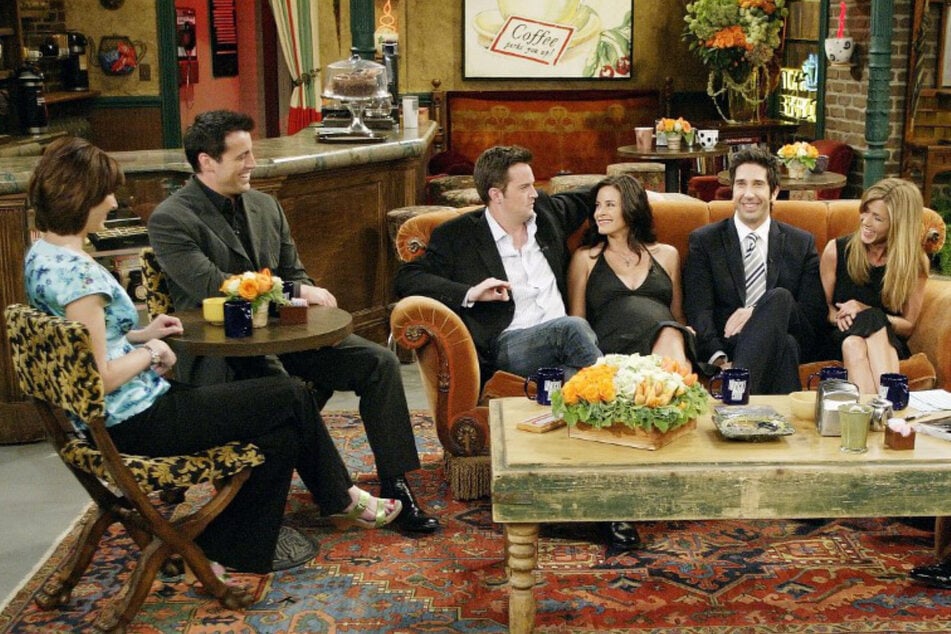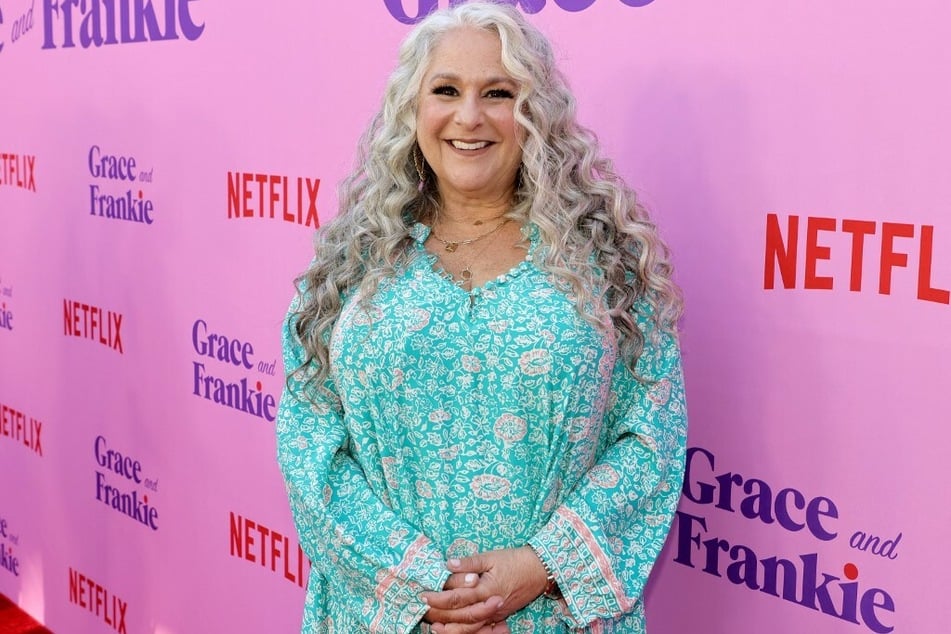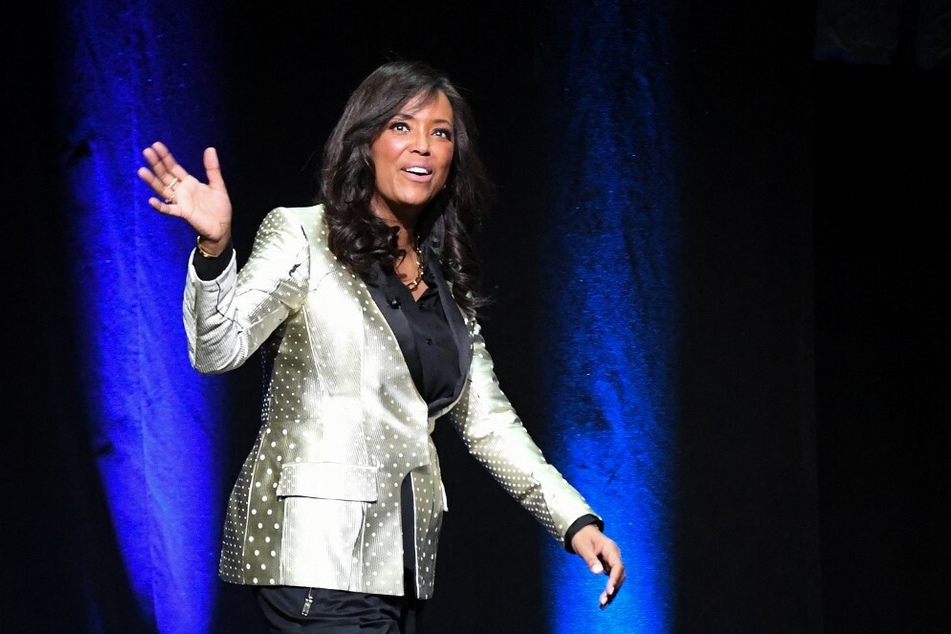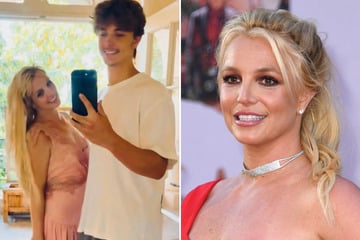Friends co-creator makes $4-million pledge for show's lack of diversity
Los Angeles, California - Marta Kauffman remembers being bothered: Why were so many people picking on Friends?

Created by Kauffman and David Crane, the series about a group of close friends was an instant smash when it premiered in 1994, and thanks to syndication and streaming, it has remained one of TV's most popular shows since it left the air in 2004 after 10 seasons.
Despite its success, though, the comedy was repeatedly criticized for its lack of diversity, with numerous observers wondering how the characters existed in a predominantly white environment even though the series was set in New York City.
Kauffman felt Friends was being unfairly singled out, claiming there was too much attention on the near-absence of Black people and other people of color: "It was difficult and frustrating."
But now, Kauffman says, she gets it.
Kauffman has a change of heart

In the last few years, Kauffman – who is also the co-creator of Netflix's recently concluded Grace and Frankie, starring Jane Fonda and Lily Tomlin – has had a dramatic change of heart, and she now feels that the criticisms about Friends were fair.
The series' failure to be more inclusive, Kauffman says, was a symptom of her internalization of the systemic racism that plagues our society, which she came to see more clearly in the aftermath of the 2020 murder of George Floyd by Minneapolis police and the worldwide protest movement that erupted around it.
That reckoning was the catalyst for her decision to pledge $4 million to her alma mater, the Boston area's Brandeis University, to establish an endowed professorship in the school's African and African American Studies department.
"I've learned a lot in the last 20 years," Kauffman said in a Zoom interview. "Admitting and accepting guilt is not easy. It's painful looking at yourself in the mirror. I'm embarrassed that I didn't know better 25 years ago. "
Kauffman donates to Brandeis University

The Marta F. Kauffman '78 Professorship in African and African American Studies at the private research university will support a distinguished scholar with a concentration in the study of the peoples and cultures of Africa and the African diaspora.
The gift will also assist the department to recruit more expert scholars and teachers, map long-term academic and research priorities, and provide new opportunities for students to engage in interdisciplinary scholarship.
Since the announcement, Kauffman said, "I've gotten nothing but love. It's been amazing. It surprised me to some extent, because I didn't expect the news to go this wide. I've gotten a flood of emails and texts and posts that have been nothing but supportive. I've gotten a lot of 'It's about time.' Not in a mean way. It's just people acknowledging it was long overdue."
The news comes a little over a year after the cast of Friends – Jennifer Aniston, Courteney Cox, Lisa Kudrow, Matthew Perry, Matt LeBlanc, and David Schwimmer – reunited for a highly anticipated special on HBO Max. Although the program delighted legions of fans who had been clamoring for a reunion almost as soon as the series concluded, it reignited the conversation about the way the beloved sitcom sidelined people of color during its original run.
With the exception of a few scattered performers glimpsed in the background of the Central Perk coffee shop where the gang hung out, nonwhite characters on Friends were scarce. Lauren Tom, Gabrielle Union, Mark Consuelos, and Craig Robinson were among the people of color who appeared on the show, but their interactions with the main characters were often fleeting.
The most high-profile response to the criticism came in 2003 with the appearance of Aisha Tyler as a paleontology professor who worked with Ross (Schwimmer) and eventually dated him – after first dating Joey (LeBlanc). But even Tyler's character was gone after just nine episodes.
Going forward, Kauffman said she is not done: "I have to say, after agreeing to this and when I stopped sweating, it didn't unburden me, but it lifted me up. But until in my next production I can do it right, it isn't over. I want to make sure from now on in every production I do that I am conscious in hiring people of color and actively pursue young writers of color. I want to know I will act differently from now on. And then I will feel unburdened."
Cover photo: Collage: KEVIN WINTER / GETTY IMAGES NORTH AMERICA / GETTY IMAGES VIA AFP & Getty Images / Getty Images North America / Getty Images via AFP

